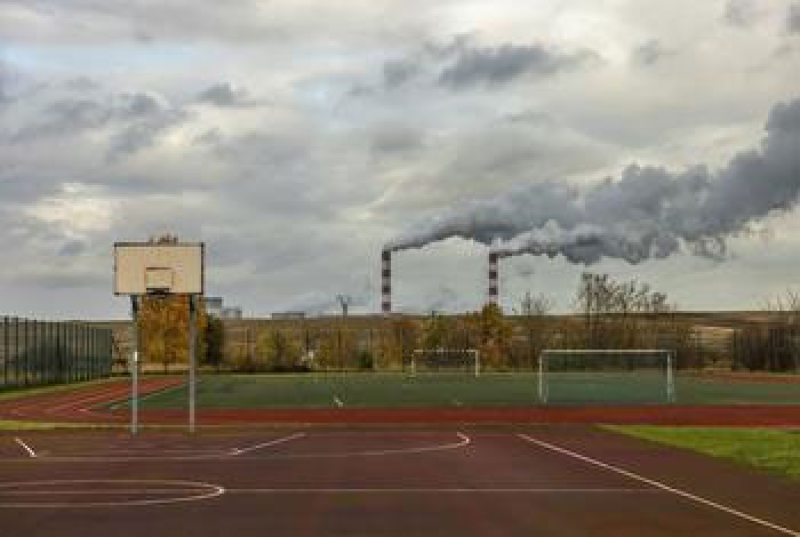- Dengue toll in BD rise to 179; DGHS warns of alarming spike |
- Stocks fall again as DSE turnover hits two-month low |
- Anger in Egypt as pharaoh’s stolen gold bracelet is melted down |
- Many would-be participants fear they can’t afford to attend Brazil climate talks |
- Illegal LPG cylinder trade in Lalmonirhat ups accident risks |
UN80: Reimagining a Global Environment Ministers Forum

As billions continue to breathe polluted air that causes more than 4.5 million premature deaths every year, according to the United Nations, UN climate experts have highlighted how damaging microscopic smoke particles from wildfires play their part, travelling halfway across the world.
“We shall have to do more with less” was the key message at a spring 2025 meeting in Oslo, Norway, where Norway’s Foreign Minister Espen Barth Eide and UN Under-Secretary-General for Policy Guy Ryder, Chair of UN80, discussed the necessity of UN reform.
According to UN Secretary-General António Guterres, the UN80 initiative is “a system-wide push to streamline operations, sharpen impact, and reaffirm the UN’s relevance in a rapidly changing world. We aim for a stronger, fit-for-purpose UN, ready for future challenges.”
Ryder noted that the UN’s precarious finances have led some to fear that calls for reform could mask a downscaling of critical activities.
UN80 focuses on clustering around the Triple Planetary Crisis: pollution, climate change, and biodiversity loss, drawing on prior research on multilateral environmental agreements (MEAs) and science-policy interfaces.
The UN Environment Programme (UNEP) operates under the UN General Assembly (UNGA), which must approve any structural or status changes. The UNGA also influences UNEP’s work through the UN Environment Assembly (UNEA), which has universal membership.
Established to provide continuous political oversight of environmental issues, the Global Ministerial Environment Forum (GMEF) first convened in Malmö, Sweden, in 2000, bringing together 73 environment ministers. Its notable outcomes included the Malmo Declaration, which emphasised UNEP as the leading global environmental body.
Subsequent GMEFs in Cartagena (2002) and Indonesia (2010) reinforced the forum’s importance, combining discussions with MEAs such as Basel, Rotterdam, and Stockholm conventions. These meetings enhanced coordination, resource efficiency, and coherence across multilateral environmental agreements.
Despite its success, the GMEF was discontinued after the first UNEA session in 2014, reducing the continuity of high-level environmental meetings. Advocates argue that reinstating the GMEF alongside UNEA could restore consistent political engagement.
UNEP remains a leader in scientific research but lacks political authority and adequate funding. The re-establishment of the GMEF could address this gap by providing high-level forums where MEAs and science-policy bodies collaborate on the Triple Planetary Crisis.
The GMEF could:
Cluster MEAs addressing pollution, climate change, and biodiversity
Align priorities across conventions and science-policy interfaces
Inform policy and negotiations on environmental issues and SDGs
Past successes, such as the chemicals and waste cluster at the 11th GMEF in 2010, demonstrate the benefits of this approach. Reinstating the GMEF would enable member states to coordinate effectively for the 2030 Agenda for Sustainable Development and beyond.
A stronger UNEP, combined with a revitalised GMEF, could provide the continuity, authority, and political backing needed to tackle global environmental challenges.

